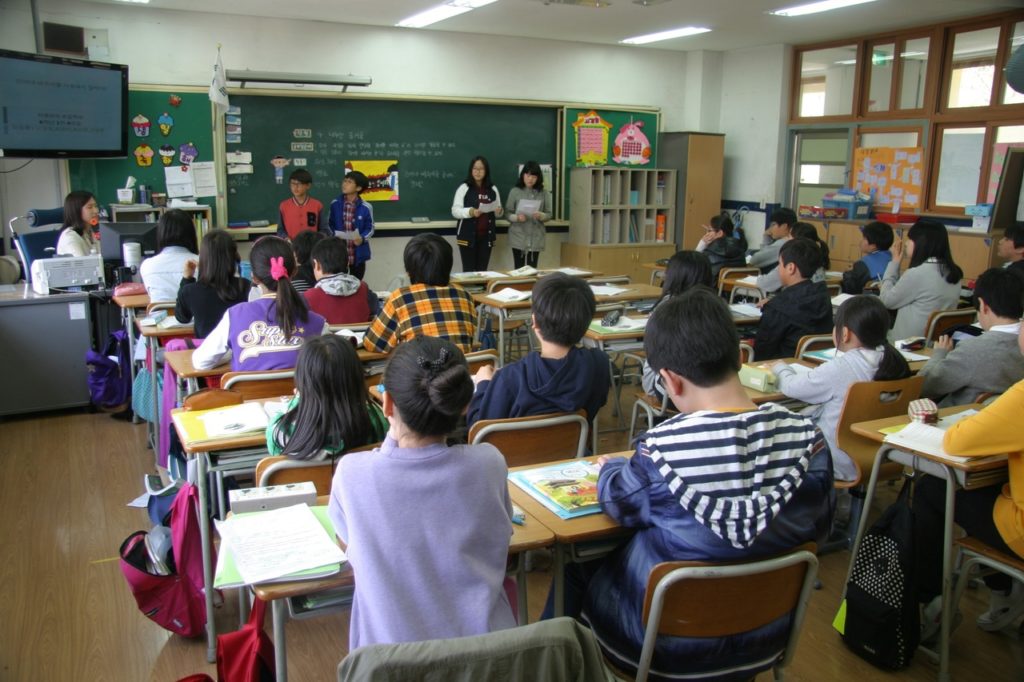Forcing school students to repeat a year is “often a remedy worse than the illness it sets out to treat,” according to a new study carried out by the universities of Liege and Louvain-la-Neuve. According to the study (PDF, in French), in the French community of Belgium more than 60% of pupils in the fifth year of secondary school have already repeated at least one year, and half of them twice.
Education is a matter for the language communities rather than the regional governments: there are both Dutch- and French-speaking schools in Brussels, for example.
Using another metric, the study reports that 46% of pupils at French community schools are behind in their education at the age of 15. Only eight countries in the Organisation for Economic Cooperation and Development (OECD) have a figure above 20%, and the figure for French-speaking Belgium is the highest of all. The average for the whole OECD is 12%.
The French-speaking figure is a good deal higher than the score for the other language communities: 30% for the German community and 24% for the Flemish community.
The conventional wisdom has it that repeating a year allows a pupil a chance to catch up and improve their performance. The study suggests the practice does no such thing: in fact it not only emphasises social and cultural disadvantages, but also leads to the student losing self-confidence and perseverance – which the report identifies as crucial to education success – leading to an increased risk of truancy and exclusion.
“The researchers would not pretend that automatic advancement [to an upper year] offers a solution to the multiple difficulties students can have,” the report concludes. “But they stress that repeating is often a remedy worse than the illness it sets out to treat.” In the words of the title of the paper itself: “Repeating a year is ineffective, socially unjust and leads to students dropping out.”
Continuing the medical metaphor: “If doubling were a medicine, it would be banned, because it has failed to demonstrate any benefits, and is frequently accompanied by negative side-effects. If we wish to reduce the inequalities which undermine our school system and support students in difficulty, it is time to change the prescription.”
Alan Hope
The Brussels Times

